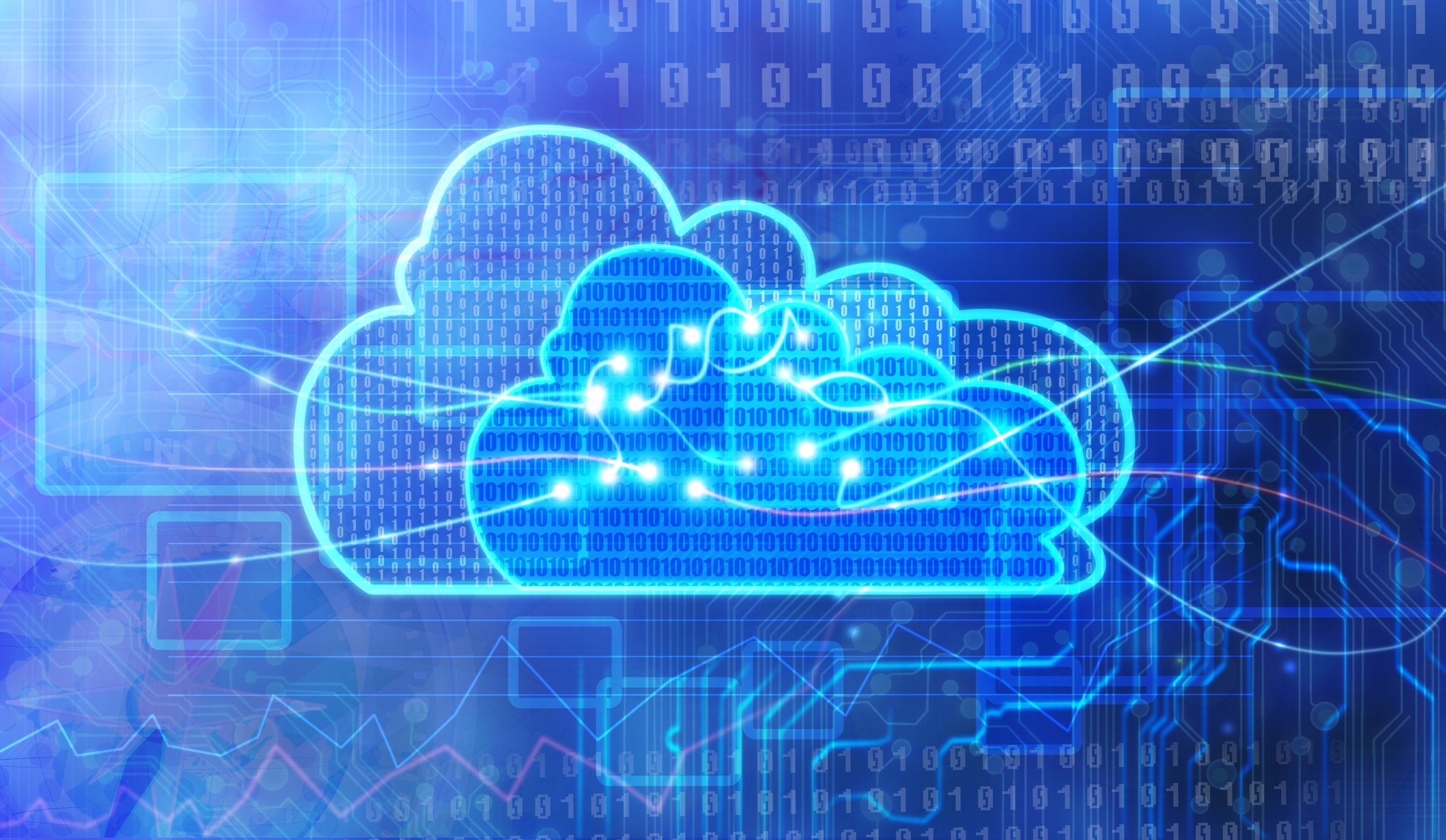
Everyone says beautiful things about cloud services and cloud storage solutions, but few people ever seem to talk about some of the fundamental problems the concept of cloud services has. We get news reports about data breaches every couple of months, but after the requisite amount of lip service is given, the issue is dropped, and your data remains at the same relative level of risk. The services certainly have their place. You might not be able to perform certain tasks without cloud services, and servers based in the cloud allow for a greater degree of sharing and communication between systems and individuals alike.
Yet what if cloud systems failed? Just how reliant are you on those servers that you fundamentally have no control over? They aren’t invincible, and you have every right to know the risks before you use cloud services instead of searching for alternatives. Here are some of the main concerns you should look at before jumping into cloud services:
A Constant Internet Connection is a Necessity
The most immediately noticeable limitation of cloud services is that they are dependent on an internet connection to use. You might be able to queue actions up on your computer until a suitable connection appears, but you want, and sometimes need, immediate access to servers and data. You don’t want to be at the mercy of your ISP, and you certainly don’t want to be at the mercy of their connection. This might not seem like a big deal, but programs like Power BI do a lot of computing in the cloud, so it may mean that the program is essentially not workable if the connection is down, as it wont calculate and therefore produce visualisations. If you’re working with sensitive data, it is strongly suggested you find an additional solution in physical storage.
You also need to consider some potential issues with cloud services when it comes to working with others. If your constant communication fails at any point, you might run into a nest of misunderstandings and wasted time. What if you finish the work on a project that someone else already handled but is waiting for it to upload? When using cloud services, you still need to keep another channel open for communication.
What Happens if the Servers Fail?
There was a scare in the computing world when the Google Drive servers weren’t functioning properly several months ago. Important files of people around the world would not load for an unknown reason. To make matters worse, the messages received made it appear as though users deleted the files under their own power (this was not the case). While fortunately the problem was remedied within a day, it taught the important lesson to users that they should not put all of their eggs in a cloud shaped basket.
Do you ever wonder what would happen if a fire or major disaster happened at a server farm owned by one of the major cloud players? These are all unlikely events and, due to preventative measures, unlikely to cause damage to your data, but if you base things at home, you have all the control over your data you might need. You don’t need to worry about cloud-based services, as they will just experience a loss of service, but more permanent reliance could be a weakness.
The Human Factor
Even assuming that the cloud services we use are perfect, we have to take into account human user error. While using a flash drive is pretty simple to use, some cloud services might not be so user friendly and cause mismanaged files due to foreseeable user error. At other times, people aren’t aware of their rights regarding privacy. Companies aren’t going to put those rights in big bold print on the front page, so self-education is required and often ignored.
The human factor also comes into play in the realm of security and cybercriminal attacks. People will often use cloud services on public networks where their data comes into risk of interception. Their cloud service accounts could easily be stolen and with them important business or personal data. Unless those people are using protection such as a quality Virtual Private Network (a service that connects users with an encrypted connection to an offsite server), the cloud proves to be a security risk. This is under the best conditions, and we can never assume that’s the case if we want to be safe.
Security Issues
You’ve noticed this by now because of the news reports, but cloud services are not absolute in their security, at least at the consumer level. There are better options such as Tresorit that have a higher level of security and encryption for storing your files, but you will pay a very hefty sum for those services. Hackers will always find new ways to break into systems, and even the best security of modern times might be worthless two weeks from now. All it takes is one intelligent hacker to devise a new method of entry.
Relating to the issue of human error discussed above, you also have to concern yourself with the employees in charge of your data. Most of them go through security screenings and don’t have access to your data, but the ones that do might not always stay true to their morals. They could also find themselves at the wrong end of a scheme meant to scam managers out of their credentials. Unfortunately, hackers are only limited by their imagination and skill.
Cloud services can be made safer, and they don’t always have to fail. That being said, nothing can really change the fact that you are going to be trusting your data to an outside organization or individual. They simply aren’t going to care about the security and integrity of your data like you will. It can work great as a backup option, but otherwise, you might want to consider the other options available to you.

